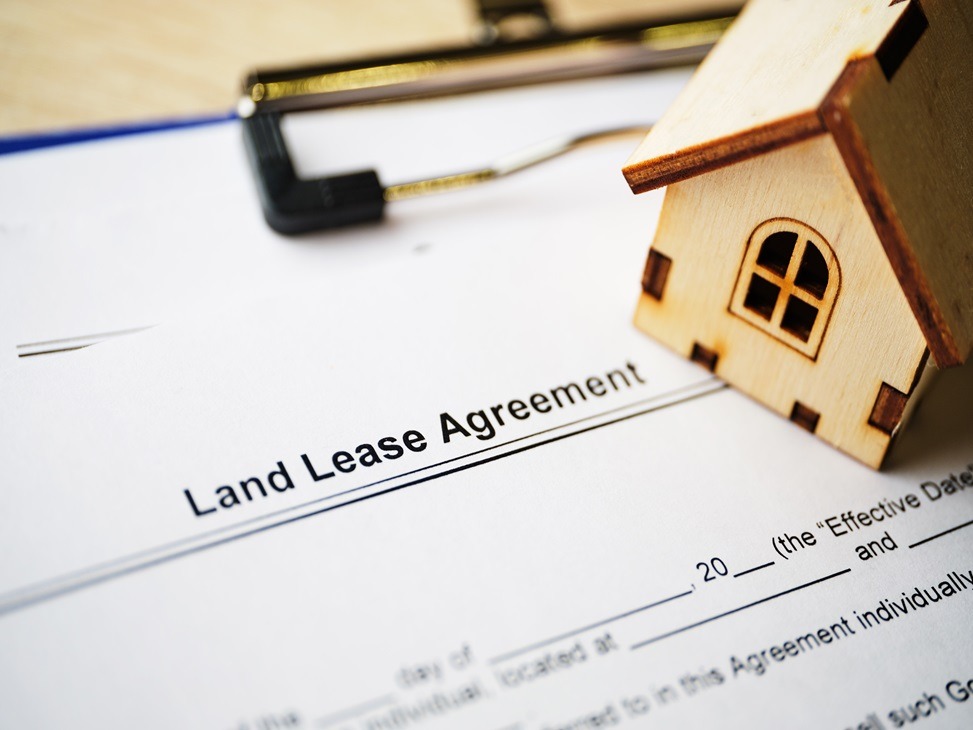Property Leasehold in Thailand. In Thailand, leasehold arrangements are a vital mechanism through which both foreigners and Thais can secure long-term use rights over property, particularly where ownership of land is restricted or impractical. The leasehold structure provides a legal avenue for foreigners to enjoy residential or commercial property without violating Thailand’s strict land ownership laws. However, navigating leasehold arrangements requires careful legal planning to ensure security, enforceability, and compliance with Thai law.
This article offers an in-depth look at property leasehold in Thailand, including legal foundations, key provisions, typical structures, risks, and best practices.
Legal Framework for Leasehold
The principal law governing leasehold property rights in Thailand is the Civil and Commercial Code (CCC), primarily Sections 537–571. These provisions define the nature of a lease, rights and duties of the lessor and lessee, termination conditions, and remedies for breach.
Key characteristics of Thai lease law include:
-
A lease is a personal contract right, not a real right attached to the land.
-
Leases are not transferable without the consent of the lessor (unless expressly provided).
-
Leases do not create ownership or possessory title.
Maximum Lease Term
Under Thai law:
-
The maximum lease term is 30 years for land and buildings.
-
Leases exceeding 3 years must be registered at the Land Office to be enforceable for the full term.
-
Lease renewals can be agreed upon, but renewal clauses are contractual promises rather than real rights — they are not automatically enforceable against successors of the lessor unless re-registered.
Common Leasehold Uses
Leasehold arrangements are widely used for:
-
Foreigners leasing residential land (since they cannot own freehold land except in rare cases).
-
Commercial projects, such as hotels, resorts, and retail developments.
-
Industrial estates, where long-term leases are preferred for factory sites.
-
Lease of condominium units for long-term occupation.
Key Terms in a Lease Agreement
A well-drafted leasehold agreement should cover:
1️⃣ Identification of the parties — including details of the lessor (individual or company) and lessee.
2️⃣ Description of the property — accurate details matching the title deed.
3️⃣ Lease term and commencement date — clearly stated, with registration at the Land Office if over 3 years.
4️⃣ Rent and payment schedule — rent amount, payment method, escalation clauses.
5️⃣ Use of the property — residential, commercial, or industrial use, with any restrictions.
6️⃣ Assignment and subletting — whether permitted and under what conditions.
7️⃣ Renewal options — if any, though these provide contractual rather than registrable rights.
8️⃣ Termination conditions — breach, force majeure, insolvency, or mutual agreement.
9️⃣ Obligations of the parties — maintenance, repairs, taxes, and insurance.
🔟 Registration and legal costs — allocation of responsibility for Land Office fees.
Lease Registration
Leases exceeding 3 years must be registered at the Land Department / Land Office:
-
The registration process requires the personal attendance or formal authorization of both parties.
-
Registration fees are typically 1% of total rent for the lease period, plus small administrative charges.
-
The lease is then annotated on the title deed (chanote), providing public notice of the lessee’s rights.
Failure to register a lease longer than 3 years limits its enforceability to a 3-year term under the CCC.
Leasehold Structures for Foreigners
Foreigners commonly use leasehold to secure rights over residential or commercial property because:
-
Foreign ownership of land is generally prohibited (except in rare cases such as BOI-approved investment projects).
-
Leasehold provides long-term security of tenure without violating land ownership laws.
Common structures include:
-
Simple registered leasehold: The foreigner leases the land for up to 30 years, sometimes with options to renew.
-
Lease plus superficies: The foreigner leases the land but registers a separate right (superficies) over any building they construct, giving greater security for the building.
-
Lease of condominium units: Although foreigners can own condominium units outright (subject to the 49% foreign ownership limit in a project), some choose long-term leases as an alternative.
Renewal Clauses and Their Limitations
Lease agreements often include renewal options (e.g., 30 + 30 + 30 years). However:
-
Renewal clauses are not automatically binding on successors of the original lessor unless renewed leases are registered each time.
-
Courts have consistently held that renewal options confer only a contractual obligation, not a registrable or inheritable right.
As such, lessees relying on future renewals face risk if the lessor (or their heirs or assigns) refuse to honor the renewal.
Risks and Challenges of Leasehold
Leasehold arrangements carry several legal and practical risks:
1️⃣ No ownership right over the land — The leasehold is a personal right; lessees do not acquire ownership.
2️⃣ Risk on succession of the lessor — If the lessor dies or sells the property, the new owner is bound only by the registered lease, not unregistered renewals or promises.
3️⃣ Difficulty in obtaining financing — Thai banks generally do not lend against leasehold interests because they are personal contractual rights rather than real rights.
4️⃣ Lease forfeiture risk — Breach of lease terms could lead to loss of the leasehold right.
5️⃣ Nominee structures — Attempts to disguise land ownership through Thai nominee companies or individuals are illegal and may result in loss of rights.
Leasehold in Commercial and Industrial Contexts
Large-scale commercial leases — such as those for hotels, resorts, or industrial estates — often involve:
-
Lease terms up to 30 years (with registered renewals upon expiry).
-
Additional rights such as superficies, usufruct, or servitudes registered in favor of the lessee.
-
Sublease rights, particularly in retail developments (e.g., shopping centers).
In such cases, legal structuring is critical to balance lessee security with compliance to Thai law.
Termination and Remedies
A leasehold can be terminated:
-
By expiry of the term.
-
By agreement of the parties.
-
For breach of contract (e.g., failure to pay rent, illegal use of property).
-
Due to force majeure or frustration of contract (in rare cases).
Upon termination:
-
The lessee must vacate the property.
-
If a building was constructed by the lessee, the contract will govern whether it must be removed or whether it becomes the property of the lessor (unless a superficies right was registered).
Disputes over termination are resolved in the Thai courts, where the lease agreement and registration documents will be key evidence.
Best Practices for Leasehold Arrangements
1️⃣ Always register leases exceeding three years at the Land Office.
2️⃣ Use clear, professionally drafted agreements that specify rights, duties, and remedies.
3️⃣ Avoid reliance on unregistered renewal promises — consider realistic terms within the initial lease.
4️⃣ Consider superficies registration where the lessee builds on the land.
5️⃣ Engage competent legal counsel to navigate the legal framework and protect your interests.
Conclusion
Leasehold offers a legitimate and practical method for foreigners and businesses to secure long-term use of property in Thailand. While leasehold provides security of tenure, it does not grant ownership rights, and its enforceability depends heavily on proper registration and clear contractual terms. Given the complexities and risks, careful legal structuring and due diligence are essential to protect leasehold rights and avoid future disputes.






